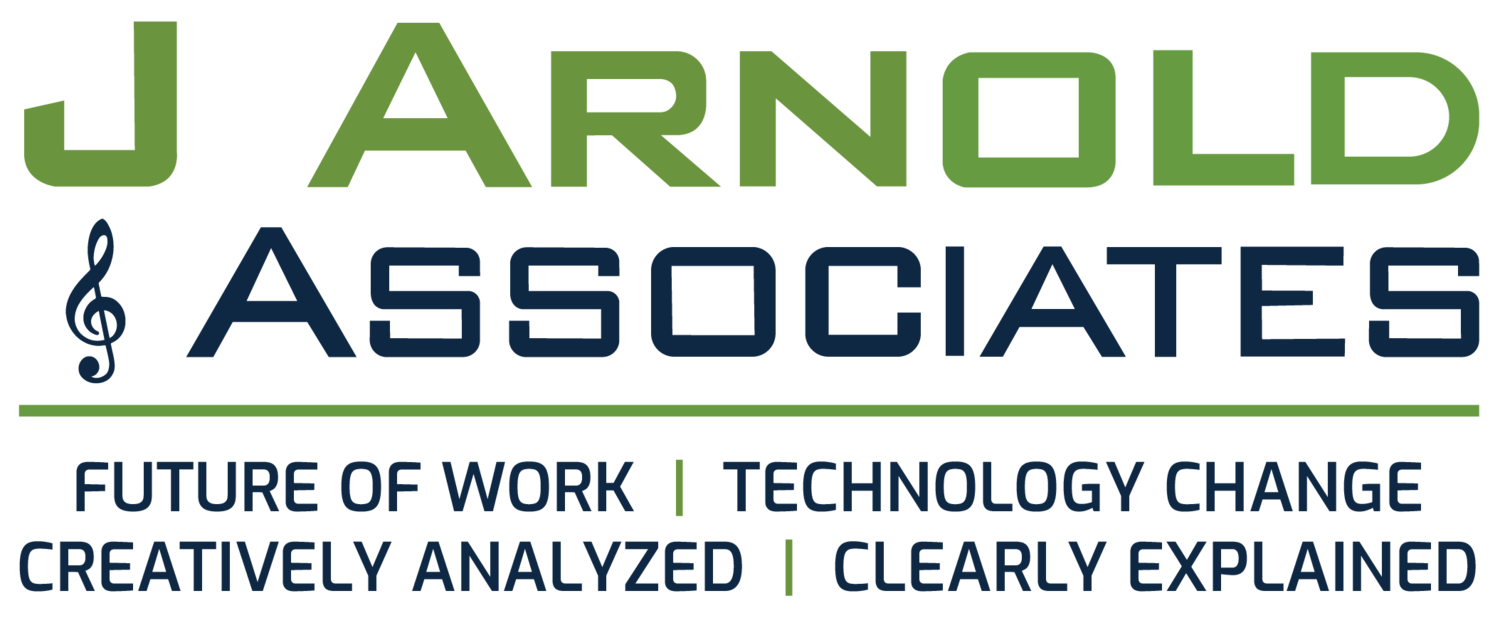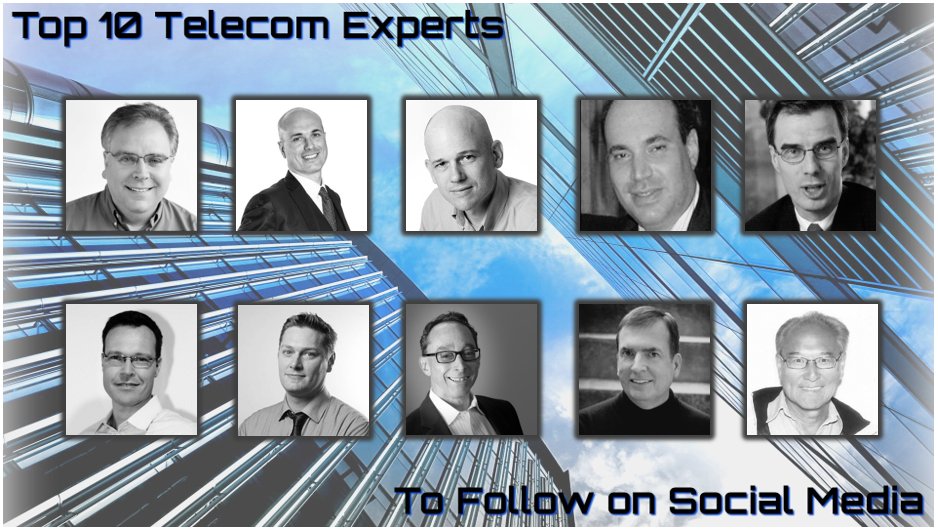Next Tuesday, I’ll be speaking on a webinar about the “data deluge” that contact centers need to manage, especially for improving the all-important CX – customer experience. Details are here, and I’ll be joined by Heather Barrow of Eventus, as she shares highlights from her recent white paper about this topic – it’s quite good, and you should give it a read.
This is a rich topic, and as my researcher curiosity takes its unpredictable path, things keep getting more interesting. What began as an exploration of contact center reporting, soon became a bigger exercise in the ever-expanding world of Big Data, and that has inevitably taken me into the adjacent galaxy of BI – business intelligence. Clearly CX involves many moving parts, and it’s not hard to see why contact centers are getting overwhelmed with this data deluge.
So, this post is a primer on what I’m seeing here, and I’ll just touch on a few things during the webinar. There’s more research to be done, and I’ll have more to say later, but hopefully my thoughts here will set the stage for you to join us on Tuesday.
Back when the contact center was the call center, almost all customer engagement was over the phone. This was a single-channel world, and the process of providing customer service was relatively simple. There were lots of shortcomings based on the technology of the day, but the pace of business was slower and customer expectations were lower.
Nobody called this “Little Data”, since there really was nothing to compare things against then, but from today’s perspective that’s what it was. Telephony was still largely analog and call recording capabilities were limited, so there wasn’t much in the way of metrics. As technology advanced, and other channels came along, customer service extended beyond telephony, and the call center became the contact center.
More channels meant more sets of data, but with little integration across them, the task of managing all the data was within the realm of human capabilities. KPIs and metrics became more sophisticated, and existing reporting tools provided good visibility into daily operations. Traffic volumes were growing, as were data sets about customers, but things could largely be managed onsite, even as hardware-based systems were morphing into software.
The cloud has changed everything, and that brings us to Big Data. This term applies to every vertical and line of business now, but it’s particularly challenging for contact centers. Not only are the volumes of data much bigger now - and growing faster than most contact centers can manage - but the variety is orders of magnitude greater than what call centers had to deal with.
Consider just a few basic types - structured vs. unstructured, real time vs. non-real time, analog vs. digital sources, internal vs. external sources, live interaction vs. recorded, multiple communications modes and channels, etc. Each and every one of these has distinct characteristics, not just for capturing, but for processing, integrating, analyzing, and ultimately driving business decisions. The mind boggles.
That’s the point actually, and the reason why Big Data has become so daunting. There is simply too much information for humans to comprehend and derive any business value from. This matters not just for the contact center, but the broader organization around it. In 2020, the contact center may be all about CX, but CX is about more than the contact center.
Contact center leaders have lots of great data at their disposal to make better operational decisions, but leaders elsewhere in the organization need that data for other types of decisions, and increasingly, they must work together to serve common goals for the good of the business, especially improving CX. Metrics that come from within the contact center are essential for CX, but they don’t tell the whole story, and this gives rise to a familiar challenge - how to work across silos to access all the relevant data for a holistic view of the customer.
Within the contact center, decision makers have learned to manage their own Big Data by going beyond reporting and adopting analytics. That’s an important step, because providing a good CX is far more challenging than in analog times - it’s not enough to understand the what; you need to understand the how and the why. The discipline of analytics takes reporting to another level, especially with the scale and speed of the cloud. Mining data from the wealth of today’s sources with today’s tools can yield insights beyond human capabilities, and can make all the difference between a good and a great CX.
This takes us to the realm of business intelligence – BI – which is somewhat of a parallel universe to what goes on in the contact center. As an analyst, it seems clear to me that providing a great CX goes beyond what contact center reporting and analytics can provide. There’s a reason why the worlds of UCaaS and CCaaS are converging, and it’s the same story here. A proper, holistic view of the customer requires pulling data from across the organization, whether it’s CRM, HR, Marketing, Billing, Shipping, Logistics, etc.
Contact centers are coming to that realization, and as they do, they’re seeing the limitations of their existing technologies and solutions from the various vendors they work with. That’s a topic for a separate analysis, and I’m going to wrap here by saying what’s even more important is how they’re thinking about the problem. Legacy thinking still looms large in this world, and that means too much focus on operational metrics and reporting that focuses on contact center performance.
For businesses that have pivoted to being customer-centric, CX is now the driver, and everything works backwards from there. In this scenario, analytics is more important than reporting, and that’s the first step to viewing things through the lens of Big Data. To harness all that raw data – and the deluge is only getting bigger – the contact center needs more of many things, and that will present a major challenge if you don’t know which way to turn. If that’s you, then next week’s webinar will be time well-spent. Check it out, read the white paper, and circle back here in a couple of weeks – there’s more to come.























